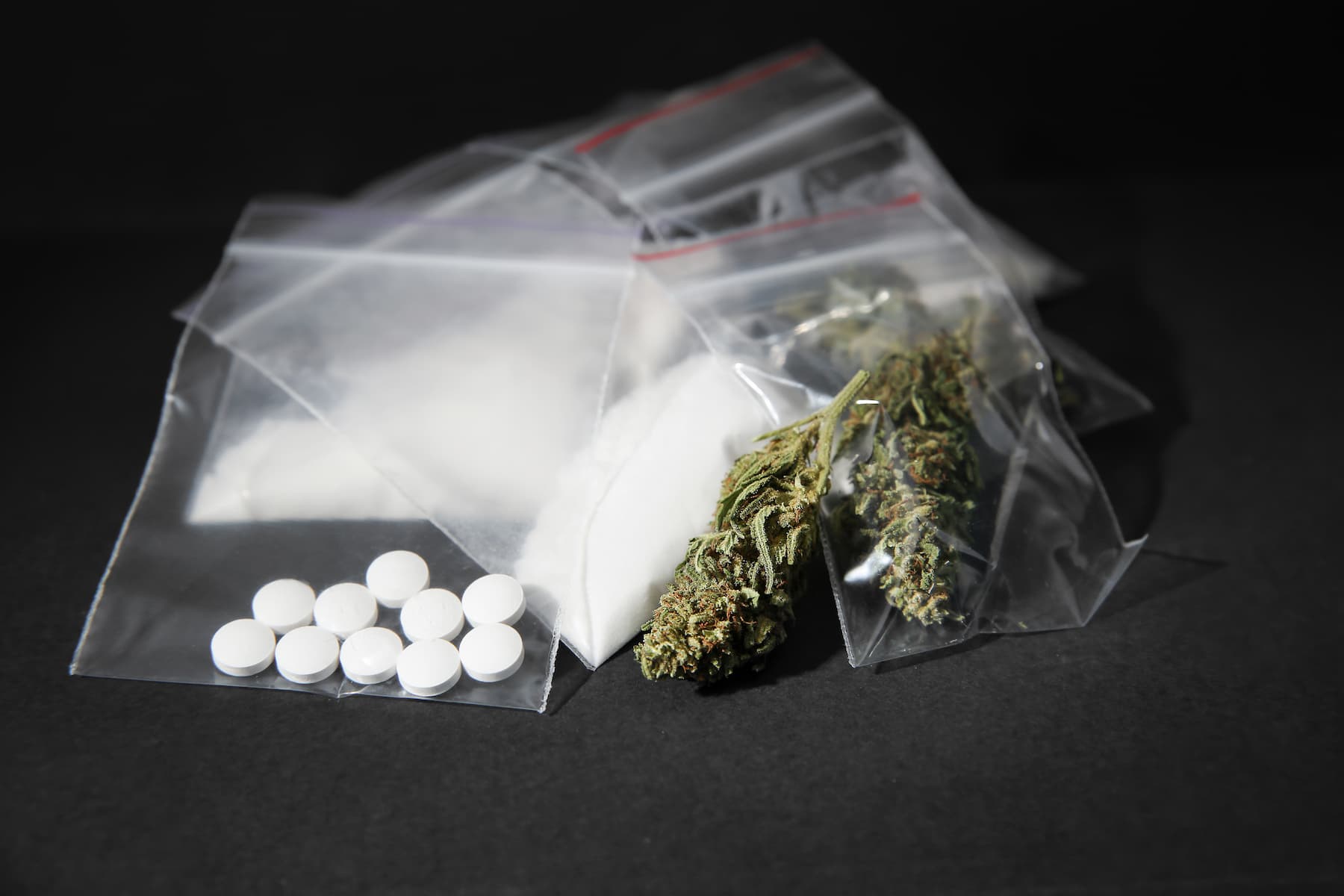Despite high rate of underreporting of recreational drug use, systematic screening is not recommended by the current guidelines. It might improve risk stratification of patients and personalized care to favor drug withdrawal.
Recreational Drug Users Face Triple the Risk of Repeat Major Adverse CV Events vs Non-Users
ESC 2024: Cannabis, opioid, and MDMA use were most strongly tied to cardiovascular event risk, according to a new study.

Among patients admitted to the intensive cardiac care unit (ICCU), those who recently used recreational drugs were nearly 3 times more like to experience a major adverse cardiovascular and cerebrovascular event (MACCE) within 1 year compared to nonusers, according to new research.1
Findings from the prospective multicenter study were presented at the European Society of Cardiology (ESC) 2024 Congress in London.
“Among patients admitted to the [ICCU], systematic screening for recreational drugs evidenced a significant prevalence – 11% - of recent use,” presenting author Raphaël Mirailles, MD, of the Hospital Lariboisiere, in Paris, said in an ESC press release.2 “Recreational drug use was associated with triple the risk of a repeat serious cardiovascular event within 1 year.”
Mirailles and colleagues previously conducted the Addiction in Intensive Cardiac Care Units (ADDICT-ICCU) study, which showed that recreational drug use was independently associated with worse in-hospital outcomes among patients admitted to the ICCU.3 However, the long-term cardiovascular consequences of recreational drug use are unclear.1
Using participant data from the ADDICT-ICCU study, Mirailles and coauthors analyzed 1392 consecutive patients who presented to the ICCU at 39 centers in France over a 2-week period in April 2021. All participants were screened for recreational drug use via systematic urinary testing and completed 1-year follow-up that consisted of a clinical visit or direct contact with the patient and the referring cardiologist. The primary outcome was the occurrence of one of the combined MACCE (ie, cardiovascular death, nonfatal myocardial infarction, or stroke). Investigators also performed a subgroup analysis in patients hospitalized for acute coronary syndrome (ACS) at baseline, according to the study abstract.1
Among the cohort, 11% (n=157) had an initial positive test for recreational drug use, among which 9.8% tested positive for cannabis, 2.3% for heroin and other opioids, 1.7% for cocaine, 0.6% for amphetamines, and 0.6% for MDMA. In addition, 28.7% of patients tested positive for 2 or more recreational drugs, according to the press release.2
Overall, after 1 year of follow-up, 7% (n=94) of the cohort experienced MACCE, with those testing positive for recreational drug use facing a higher rate than nonusers (13% vs 6%, respectively). This was a statistically significant finding, according to researchers.1
After researchers adjusted for factors—including age, sex, diabetes, current smoking status, history of cardiovascular disease before hospitalization, known chronic kidney disease, history of cancer, the main admission diagnosis, baseline systolic blood pressure, and baseline heart rate—they observed that recreational drug use was independently associated with the occurrence of MACCE (HR 2.99, 95% CI 1.73-5.16; P < .001), according to the abstract.1
In the subgroup analysis of 713 participants hospitalized for ACS, 14% (n=96) tested positive for recreational drug use and 7% (n=50) experienced MACCE. Mirailles and colleagues found drug use was still independently associated with MACCE after adjusting for the same factors from the main analysis (HR 2.98, 95% CI 1.43-6.21; P = .004).1
In addition, according to the ESC press release, the following recreational drugs were significantly associated with MACCE2:
- MDMA (4.1-times increased risk)
- Heroin/other opioids (3.6-times increased risk)
- Cannabis (1.8-times increased risk)
The other types of recreational drugs (ie, cocaine, amphetamines) did not have a statistically significant association with MACCE.2
“There is an increasing amount of data regarding worst prognosis associated with recreational drug use, not only in cardiac intensive care units but also in conventional intensive care units,” Mirailles stated in the release.2 “Despite high rate of underreporting of recreational drug use, systematic screening is not recommended by the current guidelines. It might improve risk stratification of patients and personalized care to favor drug withdrawal. Therefore, systemic screening should be considered in intensive care.”
Mirailles will be presenting the abstract “Recreational drugs use as prognostic factor of major adverse cardiovascular and cerebrovascular events in patients hospitalised for acute cardiovascular events” during the session titled “The best acute cardiovascular-care science” on Saturday, August 31, 2024, 1:15pm to 2:15pm BST, Science Box 1 – Research Gateway
References:
- Mirailles R, Trimaille A, Toupin S, et al. Recreational drugs use as prognostic factor of major adverse cardiovascular and cerebrovascular events in patients hospitalised for acute cardiovascular events. Abstract presented at ESC 2024 Congress; August/September 2024; London, United Kingdom.
- Recent recreational drug use triples risk of repeat serious cardiovascular event. News item. European Society of Cardiology. August 28, 2024. Accessed August 30, 2024. https://www.escardio.org/The-ESC/Press-Office/Press-releases/Recent-recreational-drug-use-triples-risk-of-repeat-serious-cardiovascular-event
- Pezel T, Dillinger JG, Trimaille A, ADDICT-ICCU investigators et al.Prevalence and impact of recreational drug use in patients with acute cardiovascular events. Heart. 2023;109:1608-1616. doi:10.1136/heartjnl-2023-322520
Newsletter
Enhance your clinical practice with the Patient Care newsletter, offering the latest evidence-based guidelines, diagnostic insights, and treatment strategies for primary care physicians.